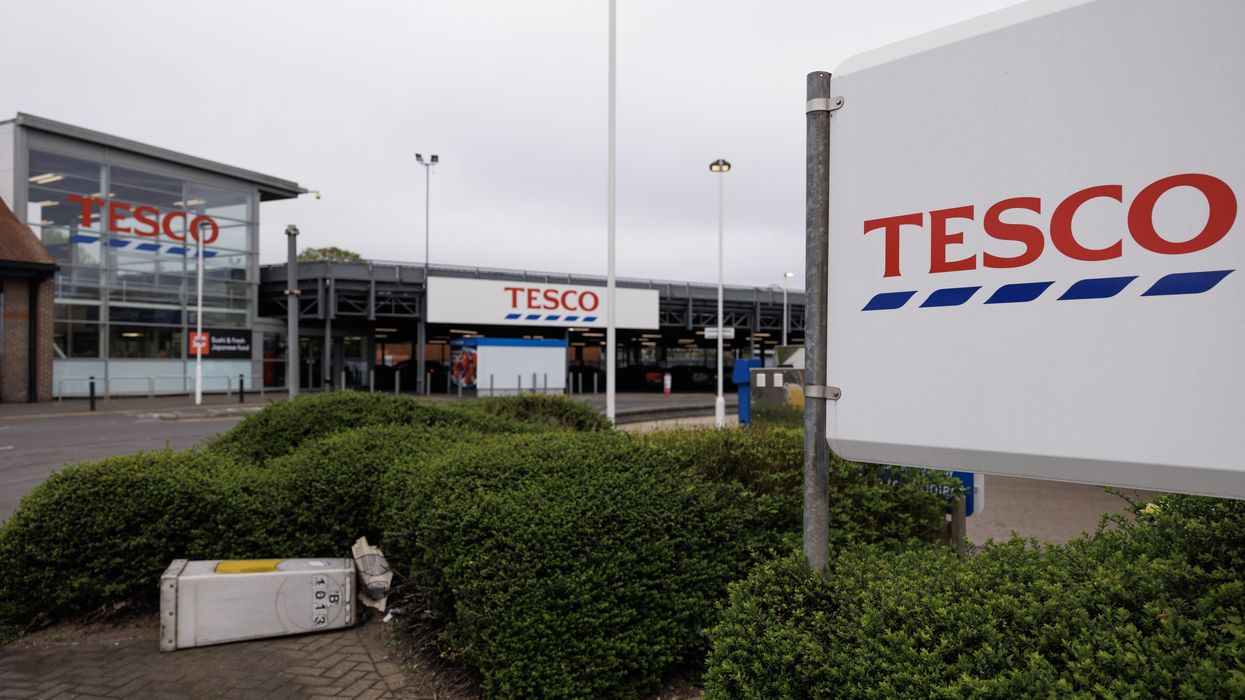Tesco has issued an urgent call for action to millions of its Clubcard users, advising them to update their Tesco Shopping & Clubcard app before Monday, 31 March 2025. The supermarket giant is rolling out an important update to improve data protection and online security, and failure to update the app by the deadline will leave customers unable to access their digital Clubcard benefits.
Update to ensure enhanced security
The upcoming changes are being implemented to enhance the security of customer data and improve overall protection. Tesco has highlighted the importance of this upgrade, as it seeks to safeguard customer information and keep their online shopping experiences secure.
In a message sent to customers, Tesco said: "To increase your data protection and online security, we're updating our Tesco app to a newer version." The retailer has also confirmed that older versions of the app will no longer be supported after the deadline.
This update applies to customers who use the digital version of their Clubcard via the Tesco app, which has become increasingly popular for its convenience and ease of use.
What happens if you don’t update?
From Monday, 1 April, any customers who have not updated the app will be unable to use their digital Clubcard in-store. The update is necessary for the app to continue functioning, meaning shoppers who fail to act may miss out on earning or redeeming points, as well as taking advantage of Clubcard prices and promotions.
Many Tesco customers have shifted from using physical Clubcards to the digital version, which allows them to scan their phone at checkout and access personalised discounts. The digital option has grown in popularity, as it eliminates the need to carry a physical card, reducing the risk of forgetting it and missing out on savings.
With the deadline fast approaching, Tesco is urging customers to update the app as soon as possible to avoid disruption. Those who miss the update could potentially lose access to their Clubcard benefits during their next shopping trip.
How to update the app
Updating the Tesco Shopping & Clubcard app is straightforward and can be done in just a few steps, depending on the type of device used. Tesco reassures customers that they will still be able to enjoy all their Clubcard benefits once the update is complete.
For Android users, including those with Samsung devices, the app can be updated through the Google Play Store. iPhone users can access the latest version of the app via the iOS App Store.
Tesco has made it clear that this update only affects the app itself and will not impact any functionality on the Tesco website, tesco.com. The company said: "This update won’t affect anything you do on tesco.com." However, customers who frequently shop in-store using their digital Clubcard are advised to act promptly to ensure continued access to their savings.
Increased convenience with digital Clubcard
For many shoppers, the digital Clubcard offers convenience and flexibility. It not only allows customers to collect and spend points but also provides personalised offers and discounts that can significantly reduce the cost of their shopping. In some cases, the savings can be substantial, especially for those who regularly make use of the Tesco Clubcard.
As Tesco continues to innovate and streamline its customer experience, the digital Clubcard has become an essential tool for millions of shoppers. By offering seamless integration with the Tesco Shopping & Clubcard app, the supermarket ensures that customers can manage their purchases and rewards in one place.
Protecting against fraud
The update comes amid broader efforts by Tesco to protect its customers from potential fraud. The company has recently faced issues with online fraud involving Clubcard accounts, and the updated app is designed to strengthen security measures and reduce vulnerabilities.
A Tesco spokesperson stated that the update is part of their ongoing commitment to keeping customer data secure and ensuring a smooth shopping experience for all users.
Call to action
With the 31 March deadline just days away, Tesco is reminding customers to take action now to avoid any inconvenience. The retailer has emphasised that updating the app is essential for continued access to all Clubcard benefits, including points collection and discounts.
"Update your Tesco app today to ensure you can continue managing your shop and Clubcard in one place," the company said in its message to customers.
By updating the app, customers can continue to enjoy the full range of Tesco’s services and avoid any disruption to their Clubcard usage, keeping their shopping experience as smooth and secure as possible.
For those who haven’t yet acted, Tesco's final message is clear: ensure your app is updated by Monday, 31 March 2025, to maintain uninterrupted access to your Clubcard benefits.





